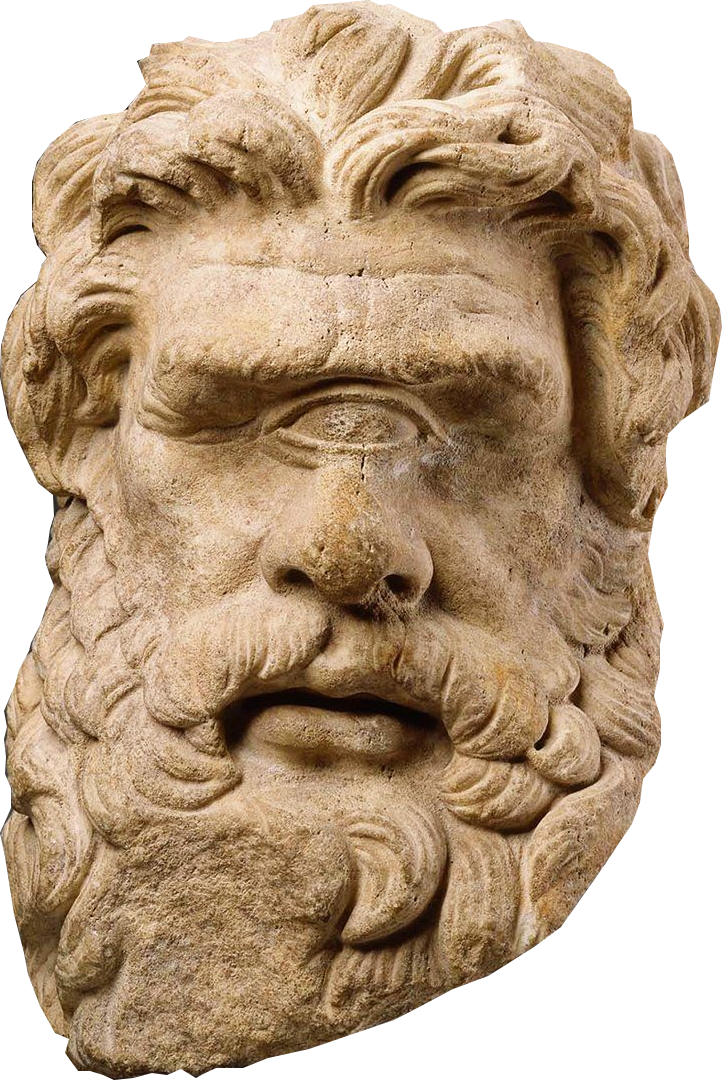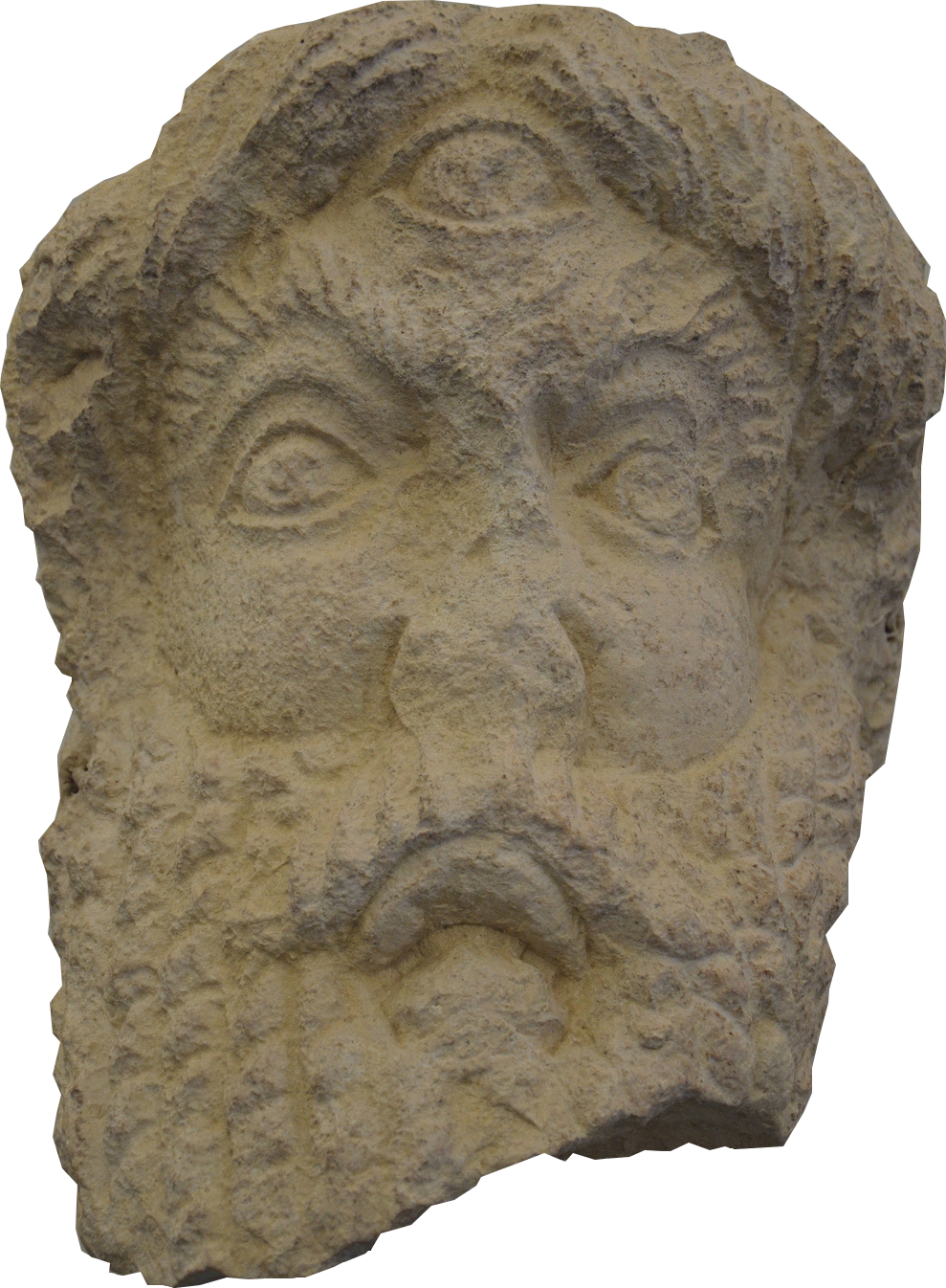Ancient Psychedelia: Alien Gods & Mushroom Goddesses
Online Book - Chapter 11, Page 179
Back to Online Book Mainpage / Next Page (Chapter 11, Page 180)
| Solon was a Greek poet who was credited with the spread of Athenian “democracy.” He also warned the Hellenes people about trivializing the mythologies of the ancient people, and how it could lead to a watering down of the important details that keep the mythologies complete. He also made specific reference to the fact that these myths were dealing with natural phenomenon: “The day will come when, in your country, the story will be told of a lad called Phaeton, son of Helios, getting into his father’s chariot, failing to drive it on the path his father used, causing everything on earth to disappear in a great fire, while he himself is hit to death by a lighting. But the truth there, is about celestial objects, which, at times, lose their track and cause a rare fire, extinguishing everything on earth.” (28) Greek mythology was complex to the uneducated mind and simple to the elite and well-studied. When we finish this Chapter, the reader is assured to be one of those select elite and well-studied. Let’s start first with the creation of the world in Hesiod’s Theogony. Only selected passages are delved into. It begins by introducing the idea that the Muses speak through Hesiod, the poet: “The Muses once taught Hesiod beautiful song while he was shepherding sheep at the foot of holy Helicon. The goddesses first spoke this word to me, the Muses of Olympus, daughters of aegis-bearing Zeus. Rustic shepherds, worthless reproaches, mere stomachs, we know how to say many lies like the truth, and, whenever we wish, we know how to tell the truth.” (29) “But what has this to do with an oak or a rock?” (30) “The halls of father Zeus loud-thundering laugh as their delicate sound fragments, and the peaks of snow-covered Olympus resound as do the halls of the immortals. They emit their immortal tones and first celebrate the august clan of the gods in song from the beginning, whom Gaia and wide Ouranos bore, and those born from them, gods, givers of good things. Secondly, they celebrate Zeus, father of gods and men, [corrupt line] the goddesses hymn beginning and ending song] so much is he the foremost of the gods and greatest in power. Again, by hymning the clan of men and powerful Giants, they delight the mind of Zeus within Olympus.” (31) From this we gather that Olympus was most likely Mount Kailash and Mount Himalaya, as we read earlier, being “snow-covered.” This was the land of the Hyperboreans, or ancestors of the Greeks. Also, we learn that the Olympian pantheon was, by now, very patriarchal based. In the next piece we read how kings are endowed by the Muses with “dew sweeter than honey” which brings forth “soothing words.” Continuing: “These things the Muses who have their hall on Olympus, sing, the nine daughters sired by mighty Zeus, Kleio and Euterpe and Thaleia and Melpomene and Terpsichore and Erato and Polymnia and Ourania and Kalliope. The last is the foremost of them all, for she accompanies and attends revered kings Whomever the daughters of mighty Zeus honor and see being born from kings nurtured by Zeus, upon his tongue they pour dew sweeter than honey and from his mouth flow soothing words.” (32) |
Anytime we read about “dew” and “honey” we might want to consider the idea of the mushroom. Next, we read about the creation of all things from Chaos, including Gaia and how Gaia bore Ouranos so that he may cover her like a veil: “First of all Chawos (chaos) came into being. But then Gaia broad-chested, always the unshakable seat of all the immortals who hold the peaks of snowy Olympus, and dark Tartaros in the recesses of the wide-wayed earth, and Eros, the most beautiful among the immortal gods, loosener of limbs, who subdues the mind and prudent counsel in the chests of all gods and of all men. From Chawos were born Erebos and black Night. From Night, again, were born Aether (ether) and Day, whom she conceived and bore after mingling with Erebos in philotês. Gaia first bore equal to herself starry Ouranos so that he may cover her all over like a veil, to be always the unshakable seat for the blessed gods.” (33) In this next section we read about the thunderbolts fashioned for Zeus by the Cyclopes: “She further bore the Kyklopes with exceeding forceful hearts, Brontes and Steropes and Arges mighty of spirit, who gave to Zeus the thunder sound and fashioned the thunderbolt. They were like the gods in all respects except the single eye that lay in the middle of their foreheads. They are named Kyklopes from this feature, because one circular eye lay in the forehead of each. Strong is their brute force, and designs are upon their deeds.” The Cyclops have “one eye” in the middle of their foreheads. This is the emblem of the enlightened, the one who is enchanted or “bemushroomed.” And it is these Cyclops who fashion thunderbolts for Zeus, we also learn. In early Aegean civilization incineration by thunderbolt implied celestial or Olympian immortality. (34) Polyphemus is the Greek god giant depicted with one eye (46i, j, k).   R: (46i) Head of Polyphemus from the Amphitheater at Salona c.300-400 AD (28) Mythology and Symbols, p. 37-38; The Timaeus of Plato (29) Hesiod Theogony, 25 (30) Hesiod Theogony, 35 (31) Hesiod Theogony, 40-51 (32) Hesiod Theogony, 75-82 (33) Hesiod Theogony, 117-127 (34) Healing Gods, p. 252 |
Go Back to Page 178